The truth about bullbars and 4WD safety: Bogans won't like this...
Heresy is telling you the truth about bullbars and vehicle safety. If you're a stubby and blue singlet-wearing bogan boomer in thongs and a croc-toothed Akubra, you're probably not gonna like this facts-based report…
I'm going to use the high-tech miracle of evidence with this one, so those of you familiar with this website will probably be able to infer just how upset I'm going to be about that.
We're going to discuss in this report the only piece of objective data I have ever seen that relates to bullbars on vehicles and the real impact to you (pun intended) sitting there inside the cabin, endlessly touring the outback.
This is probably going to get some of you offside - like I care. So here goes.
Cutting right to the chase, there’s a report titled, ‘Light Vehicle Safety Built-in Not Bolted-on’ by a dude named David Jenkins from BHP who is, or was at the time, the vice president of safety and security, group HSEC at BHP, dated the 15th of November, 2012. You can download the report here >>
In 2012, BHP had 10 ,000 light vehicles in its fleet globally. They have skin in this game and they did this investigation for a reason, because they admit in the report to a “high number of light vehicle incidents”, including fatalities.
Back at in 2012, of the light vehicles tested, 30 were three-star rated. And back then, 10 years ago, three stars really did mean ‘death trap’. Not so much today, but back then, absolutely. Five star utes back in 2012 had only been available since 2011 and we've come a hell of a long way since then.
There are two primary causes of the safety of utes today in particular. The first is people like David Jenkins at BHP who did this investigation and changed the company’s policies in relation to this issue. The second cause is Bogan Factor; 10 years ago we still had Holden and Ford operating in this country and bogans tended to drive hot Ford Falcons and hot Holden Commodores. But now that's all dried up, there's still automotive bogans who need something to drive that is relatively safe.
Three-star shitbox utes needed to evolve.
Once kitted-up mining fleet LandCruisers ran with rollcages and bullbars because t’was lore: bullbars protect me in a crash >> Right?
Standard BHP practice at that time was to fit bullbars and what they call ROPS (or rollover protection systems) - basically a steel roll cage, installed by the aftermarket into all of their vehicles.
Mr Jenkins commissions this report and gets Crashlab to destructively test four ex-fleet Hiluxes coming out of their operational fleet and essentially being decommissioned. Jenkins wanted to smash these utes in a controlled way because they wanted to look into how they performed.
These Hiluxes had all been working in their sites, they all had roll cages in them and three of them had the standard steel bullbars being fitted at the time - and one of them didn't have a bullbar.
The tests performed were 64km/h offset frontal crash test, which was the standard main headline ANCAP crash test at the time, they also did the 50km/h side impact test, and a really novel 75km/h corkscrew rollover which would have been fun to see in operation. The corkscrew rollover was designed to simulate rolling off the road sideways.
So what was the result? Keep reading…
My AutoExpert AFFORDABLE ROADSIDE ASSISTANCE PACKAGE
If you’re sick of paying through the neck for roadside assistance I’ve teamed up with 24/7 to offer AutoExpert readers nationwide roadside assistance from just $69 annually, plus there’s NO JOINING FEE
Full details here >>
AutoExpert DISCOUNT OLIGHT TORCHES
These flashlights are awesome. I carry the Olight Warrior Mini 2 every day - it’s tiny, robust, and super useful in the field or in the workshop. Olight is a terrific supporter of AutoExpert.
Use the code AEJC to get a 12% discount >>
Generators suck! Go off-grid with AutoExpert BLUETTI PORTABLE POWER STATIONS
Need mobile, reliable power? If you’re camping, boating, caravanning or building a dirty big shed in the back paddock, and you need to run a refrigerator, lights, air conditioner, cooking, and/or a bunch of tools - Bluetti has a clean, tidy, robust solution…
Get your AutoExpert free shipping discount here: https://bit.ly/3n62heK
The Findings: Why bullbars are bullshit
The internal rollover protection system, the roll cage demonstrated:
…no real reduction to potential serious head and spinal injuries to front seat occupants in the crash configurations.
Plus it increased the rollover risk because it put an extra mass higher up in a vehicle that's already pretty high up on the road driven on dirt roads and situations in which it's likely to experience you know lateral shunts.
The second finding regarding the bullbar found:
…the bullbar caused footwell intrusion and displacement of pedals which was not present in the 2006 ANCAP test of the same model without the bullbar.
A bullbar made this crash worse. Imagine that…
This was is in the 64 km/h offset frontal crash test. Doesn't sound too bad, does it?
Let me translate, because these kinds of things are full of what I would call ‘engineering euphemisms’. See, what “footwell intrusion and displacement of the pedals” means to me is basically two things:
The bull bar caused more load to be transmitted into the cabin of the vehicle - that's where you are - and this is exactly what you do not want in a serious life-threatening collision. You want the lowest loads possible transmitted to you and your family in a crash;
“Displacement of the pedals” doesn't sound too bad. Except the accelerator pedal moved right across the footwell in this test and if your leg happens to be in the way, it seems likely to me that all of the bones in it might be smashed. You might think that's okay and maybe you’ll spend a few weeks in a cast.
Problem is: inside your leg is the femoral artery, which is the primary blood vessel carrying blood to your extremities. If you do enough damage to the bones down there, it's highly likely you'll suffer some serious arterial and venous damage. If you sever your femoral artery, even way down in your foot, it's very easy to bleed out into your leg without even spilling a single drop of blood. That’s bad.
It's unlikely that the entourage you are traveling with will have the kind of advanced medical training needed to identify this kind of problem and save your life. Even if they do have some basic training, professional sort medical paramedical intervention is many hours away and it's likely that you'll suffer compartment syndrome [graphic content warning] >>.
If that happens, you'll probably lose your leg in the way that you wouldn't had you been in the same crash in a clean skin vehicle.
These were objective tests, it's what they found and I'm not misrepresenting the interpretation of the results. So what did BHP do? What most 4WD enthusiasts will probably refuse to do after reading or watching the report.
They changed their actions. They changed their policies. They changed their vehicles.
BHP:
prohibited the installation of aftermarket equipment
That was the principal policy that they enacted following this testing. They didn't fit bullbars or rollover protection anymore, because of facts.
They transitioned all vehicles to five star by 2016, so they gave themselves a rational timeframe, and that four year window allowed them to get rid of all of the old unsafe three-star shitboxes, and replace them with all five-star cars - thus doing the most safe thing that they could for their employees in the circumstances. Makes complete sense.
They enacted a policy to purchase the safest vehicles available at the time and:
not spending our time and money altering vehicle designs…
They mean ‘not wasting time and money making our vehicles worse at great expense’.
leave vehicle safety to the experts: vehicle manufacturers.
better safety, less complexity, lower cost.
Seemingly, there's this weaponised arms race going on at places like ARB, where you just want one of everything. People are making their vehicles worse, less safe, at great expense.
I'm all for vehicle modifications, don't get me wrong. But only when they make the vehicle better or solve a particular problem - not an imaginary problem, not to just make you feel better - but actually solve an operational problem.
If you need your vehicle to do something that it cannot do without being modified, then go ahead and modify it, but in a rational way. When you do, acknowledge the compromises that come with that modification if it's absolutely essential.
Otherwise, leave the bloody thing alone if it's not essential and rational.
FINAL THOUGHT
None of the bullbar manufacturers in this country, at least none that I am aware of, have ever made public any proper crash test data.
They've never strapped a bullbar to the front of their more popular vehicles. The Hiluxes, the Rangers, the LandCruisers -whatever - they've never taken it to crash lab given it the full treatment and published the results.
These companies like ARB, they're large companies, they have practically unlimited resources and they could do this testing if they want. They might have even simulated it. But the reason the data is not public has to be because it paints bullbars in a poor light and they must to know this, surely. This is why if they have done the research, they haven't made it public or even more likely - why they have not done it at all.
If they could crash test a vehicle with a bullbar on it and demonstrate an improvement in the safety to the occupants of that vehicle in a serious crash, don't you think they would have done that by now?

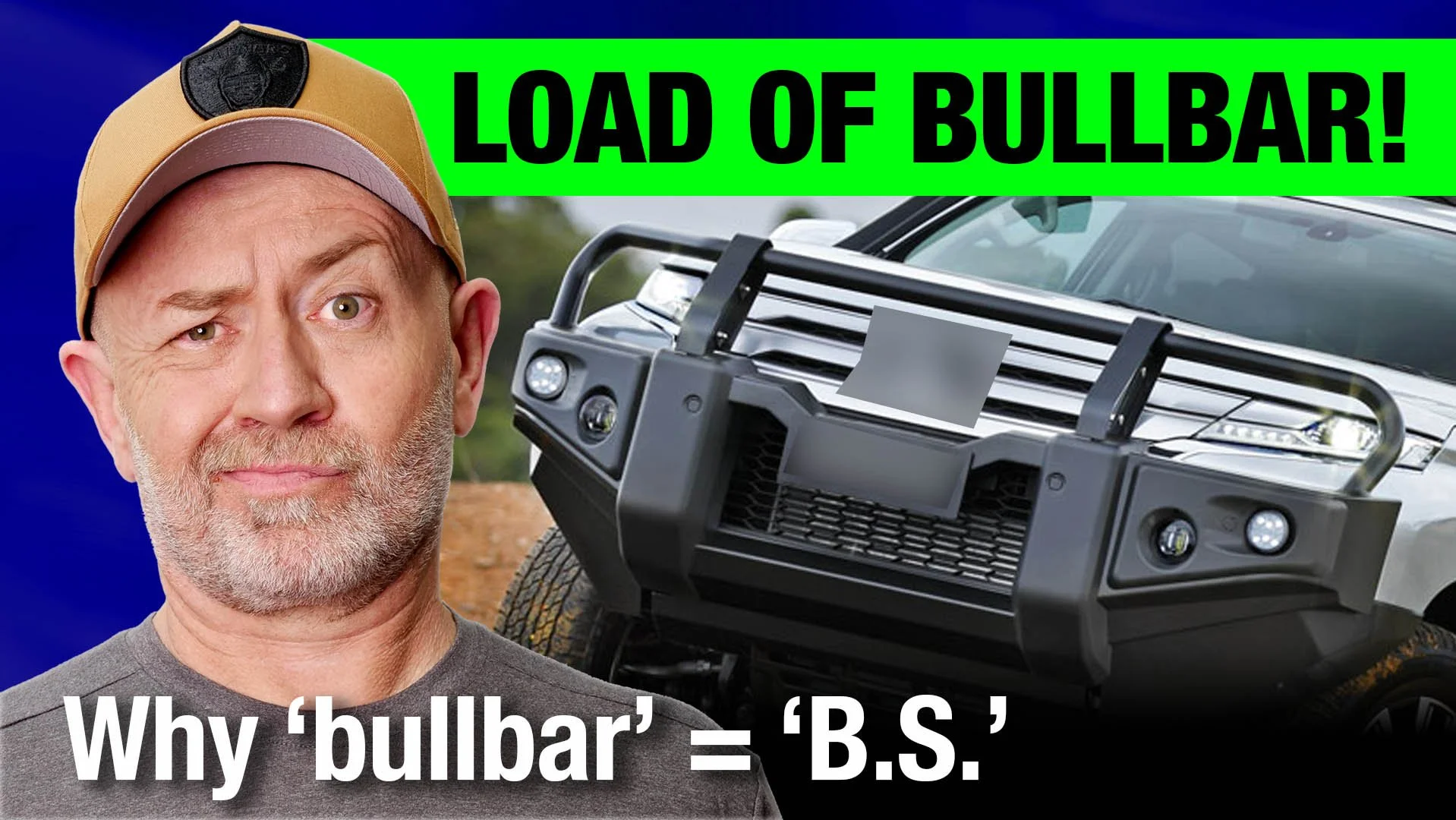





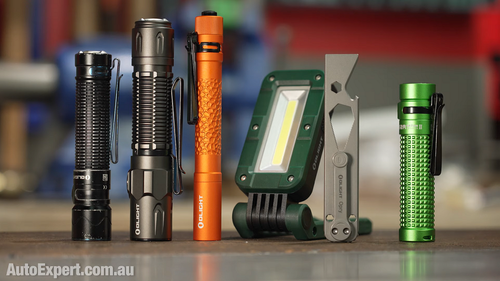

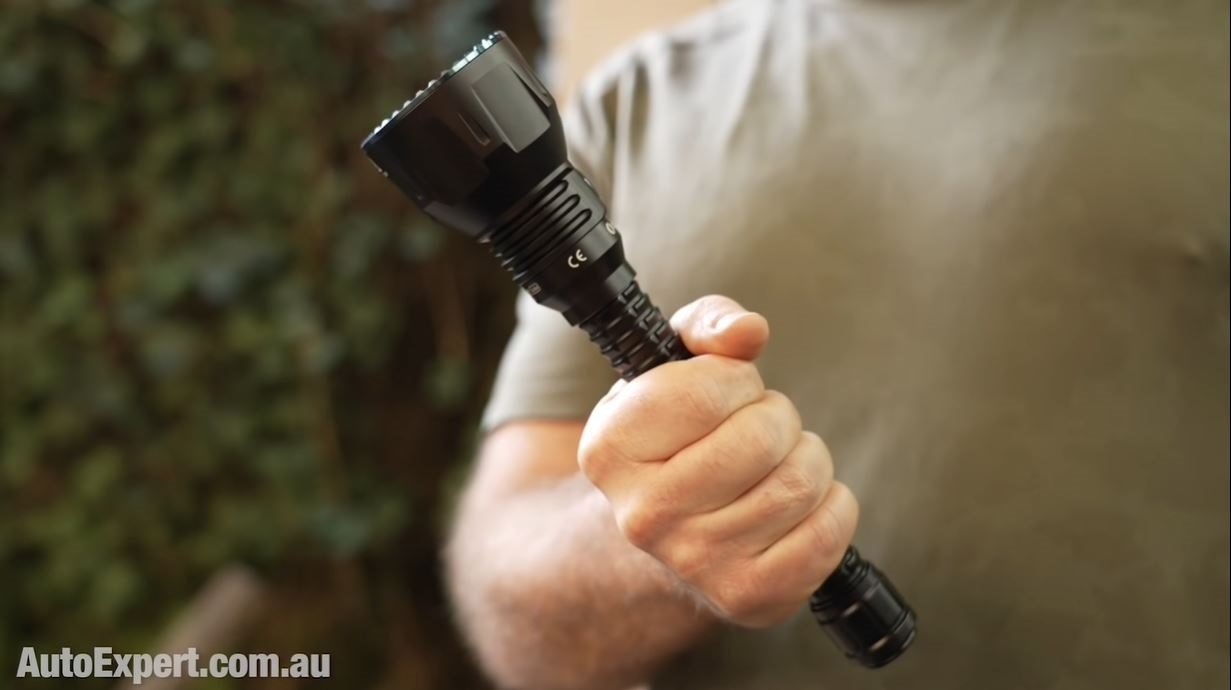
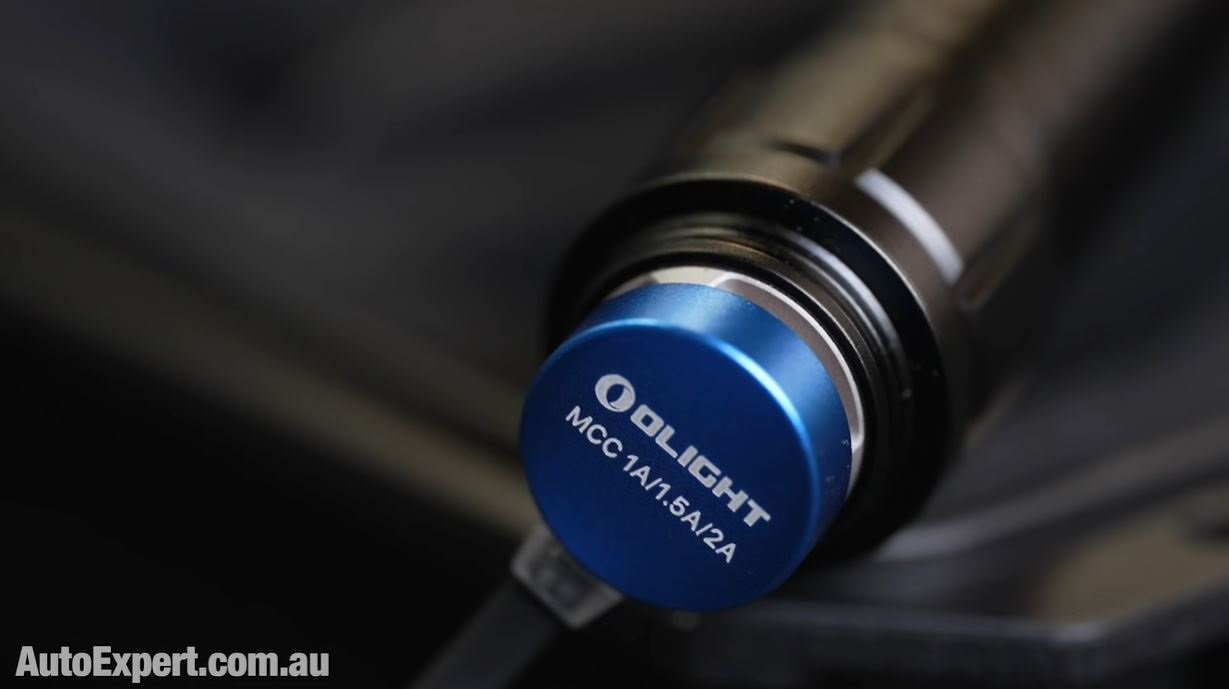
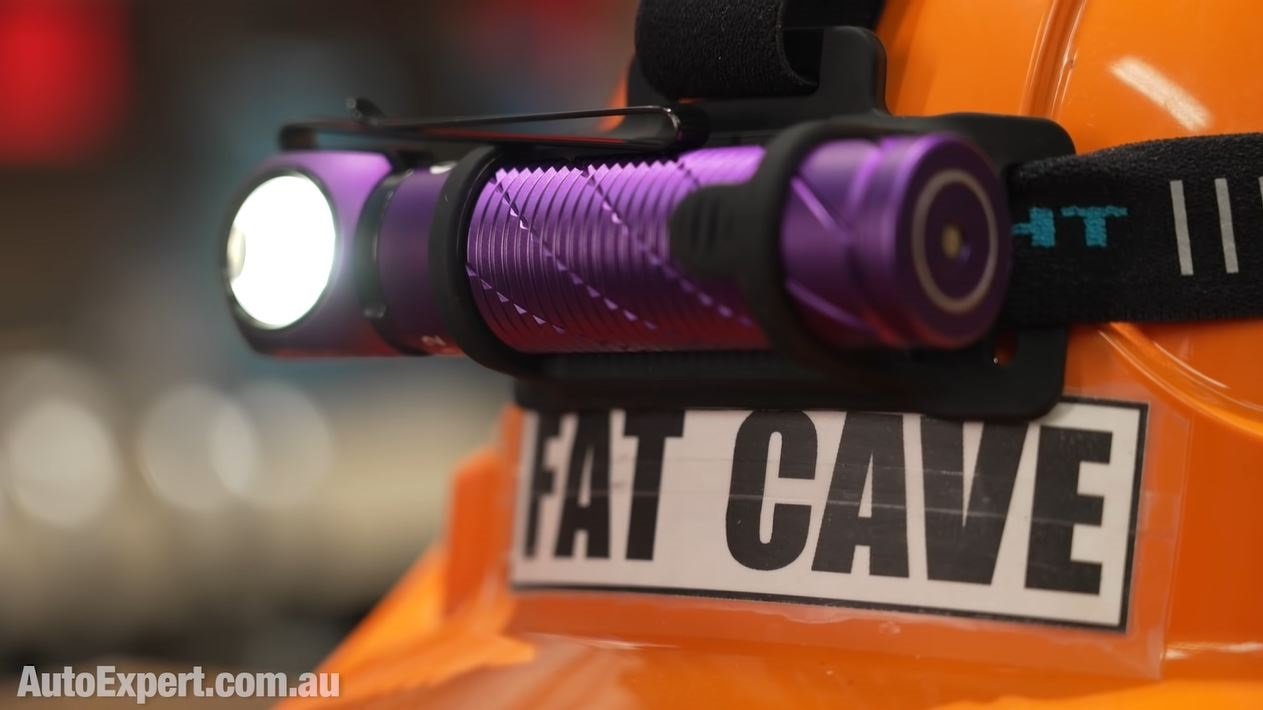
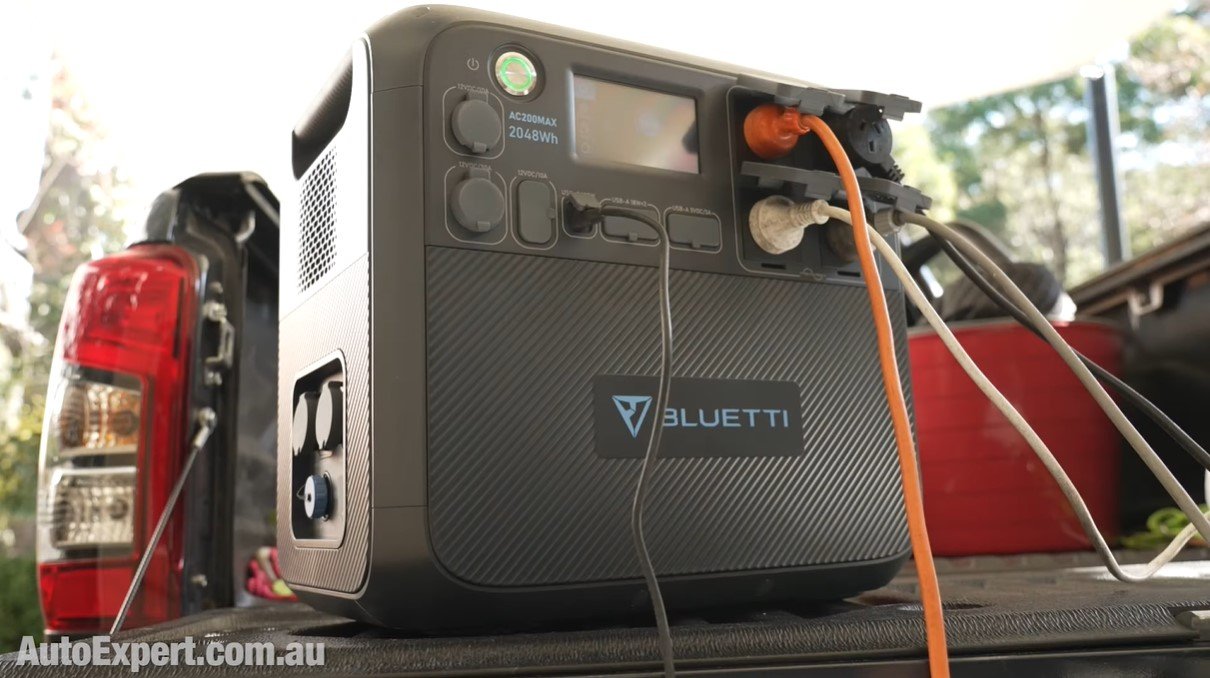
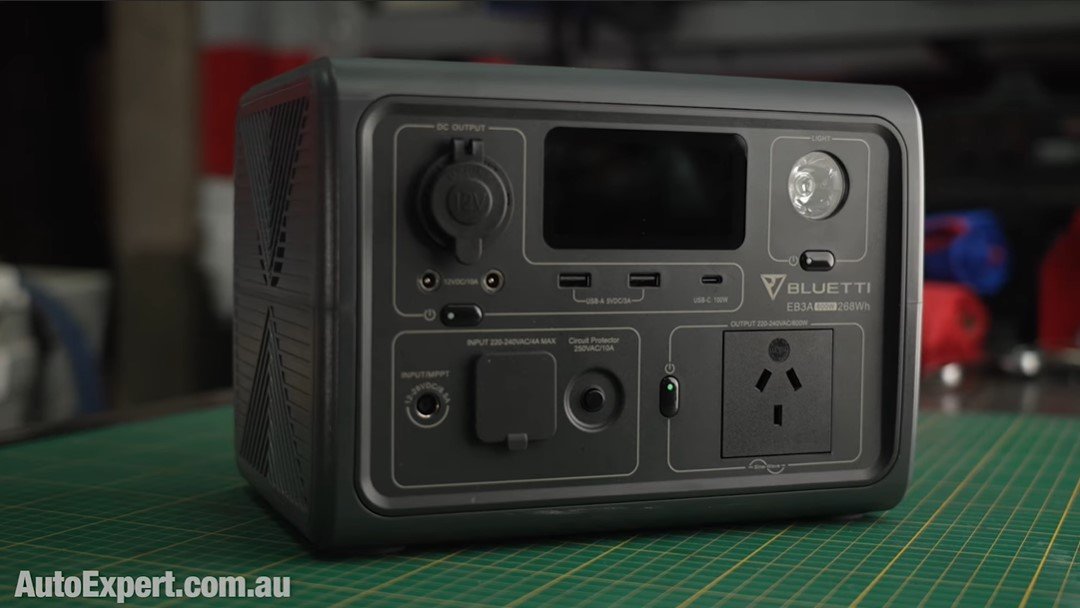
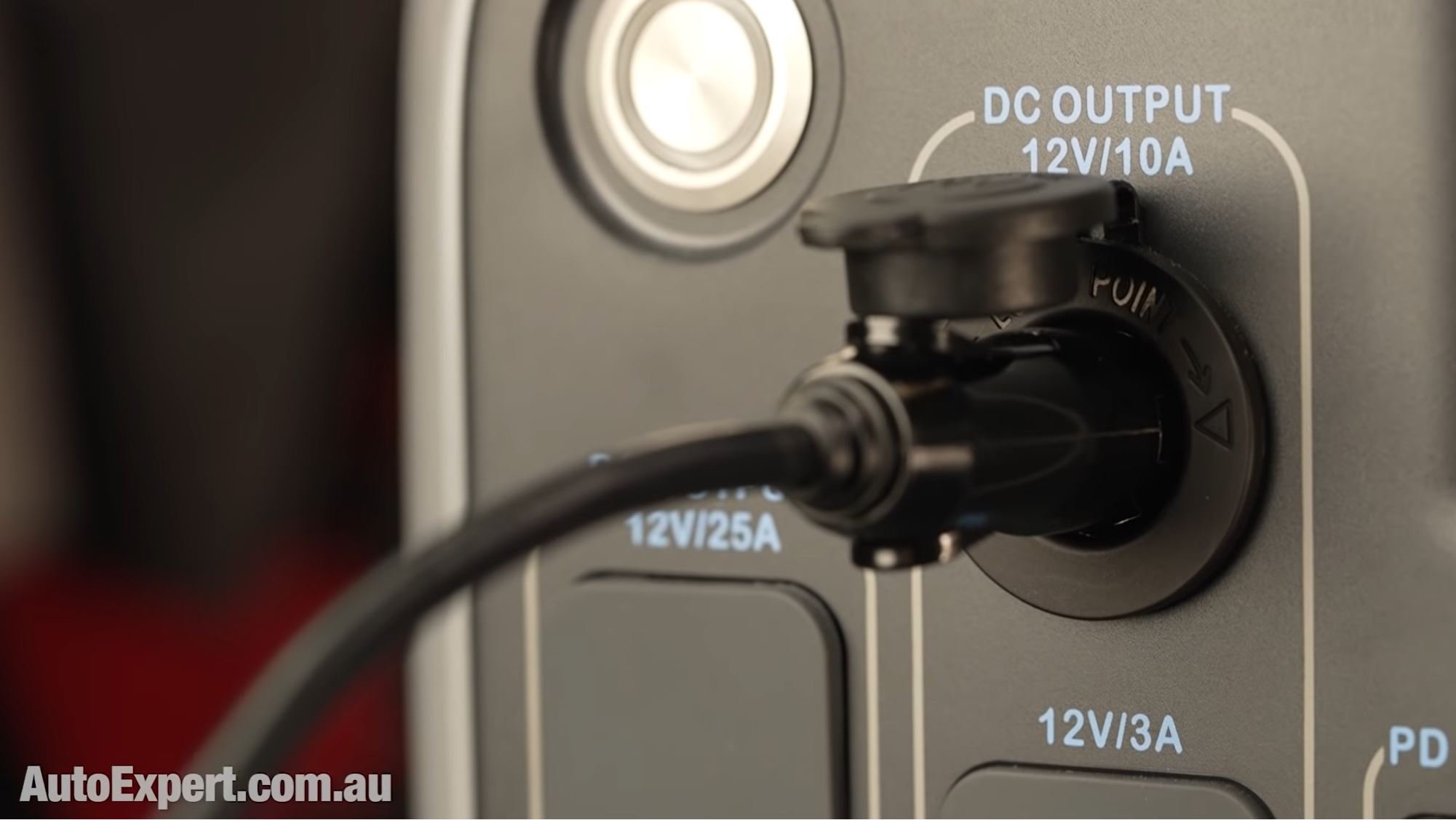
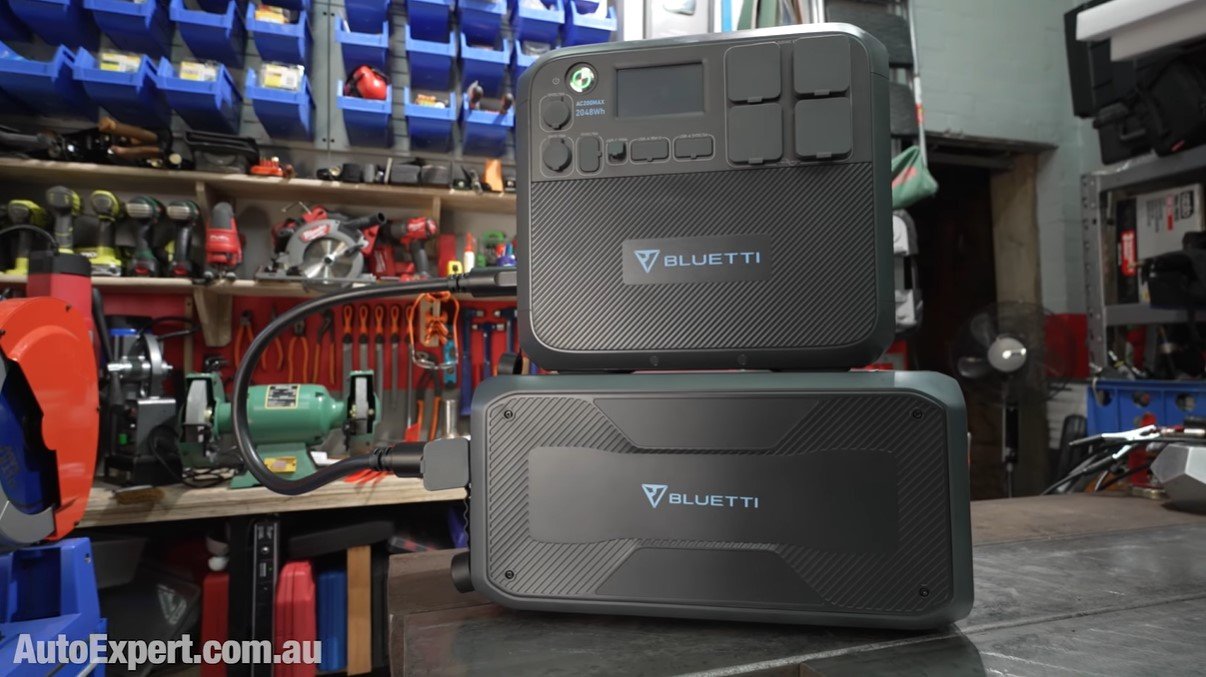
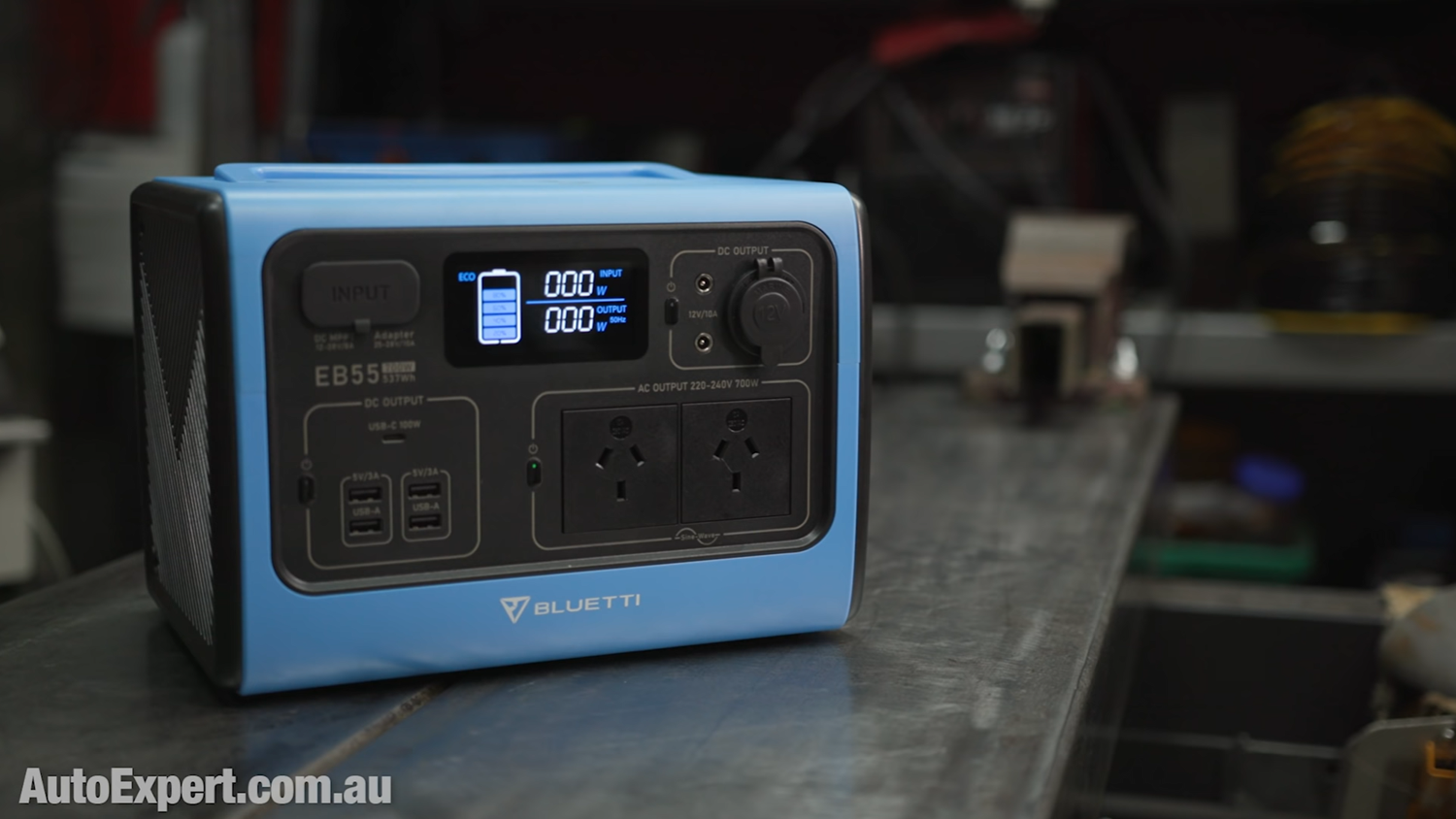
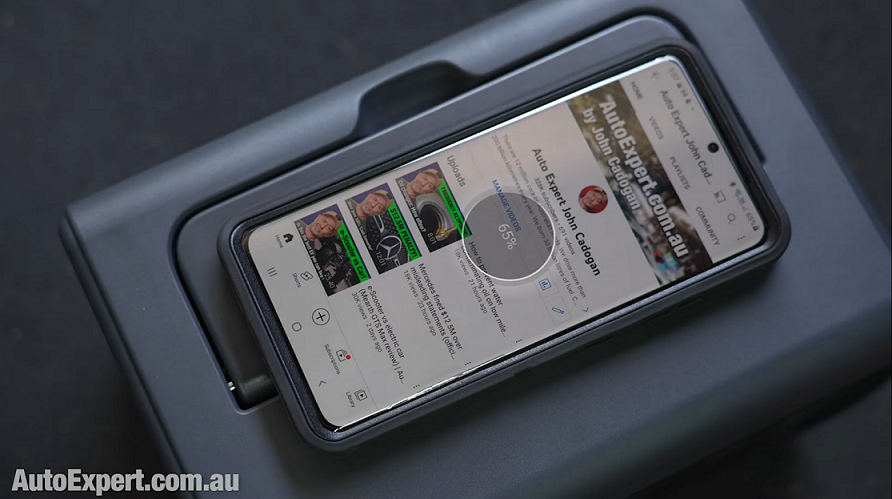
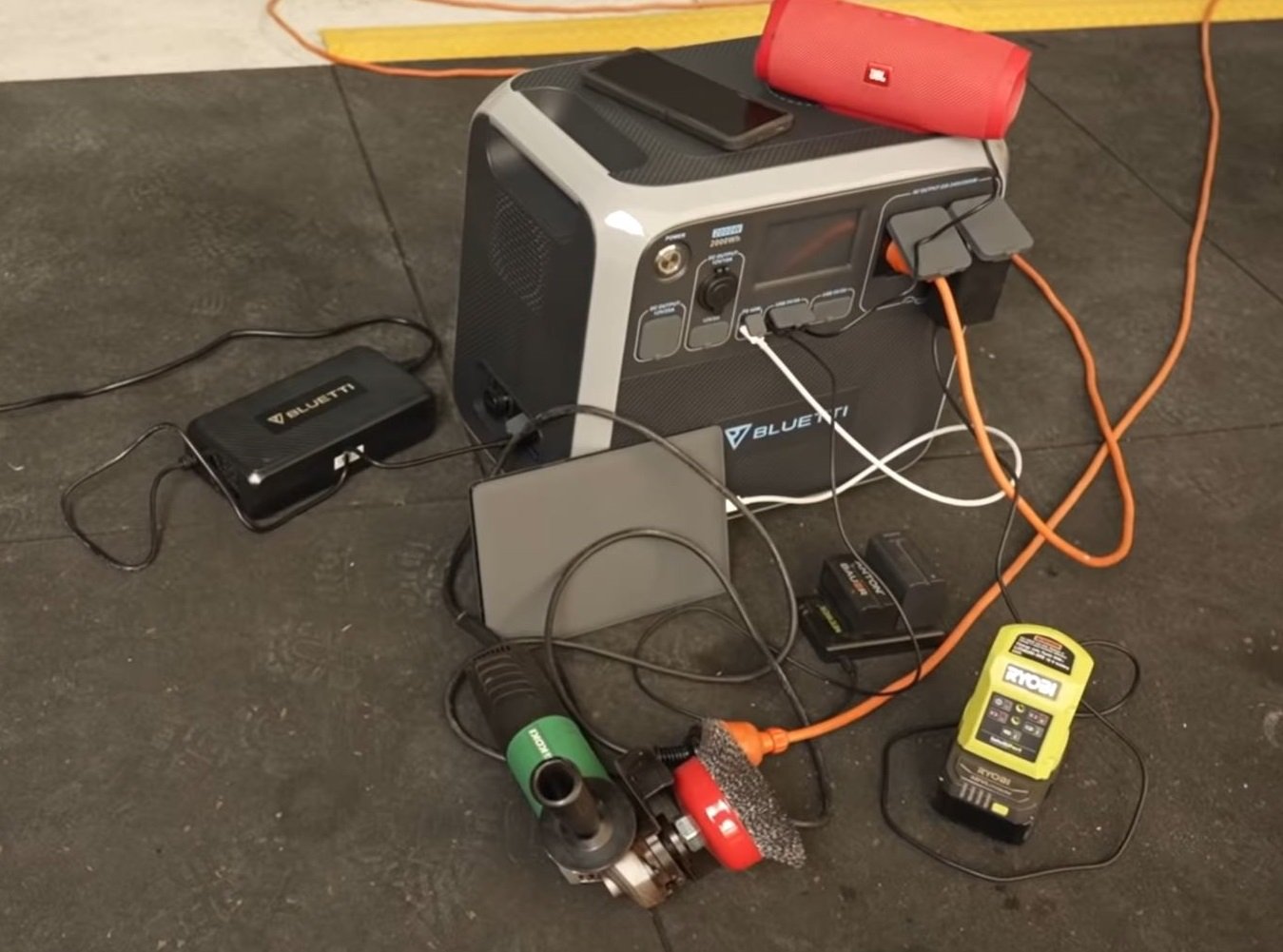
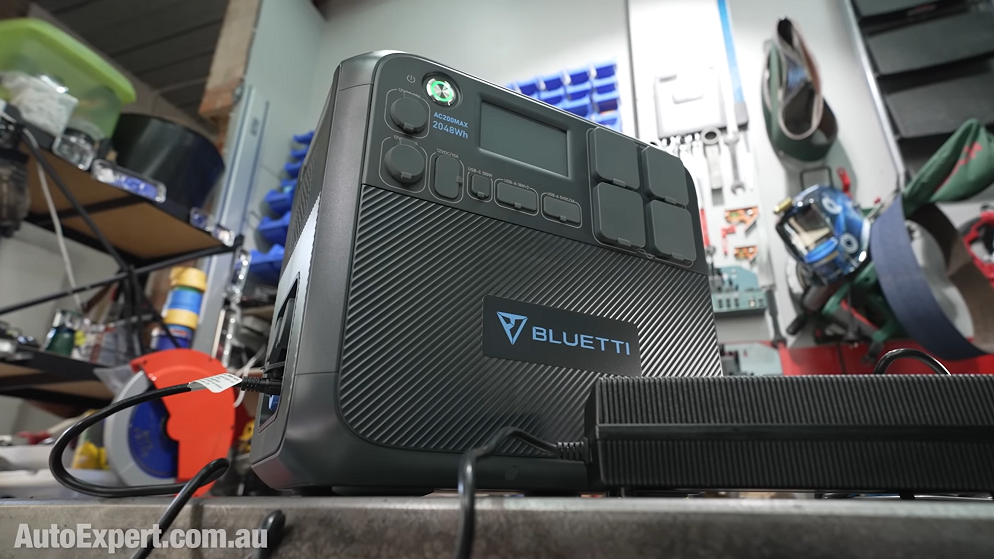


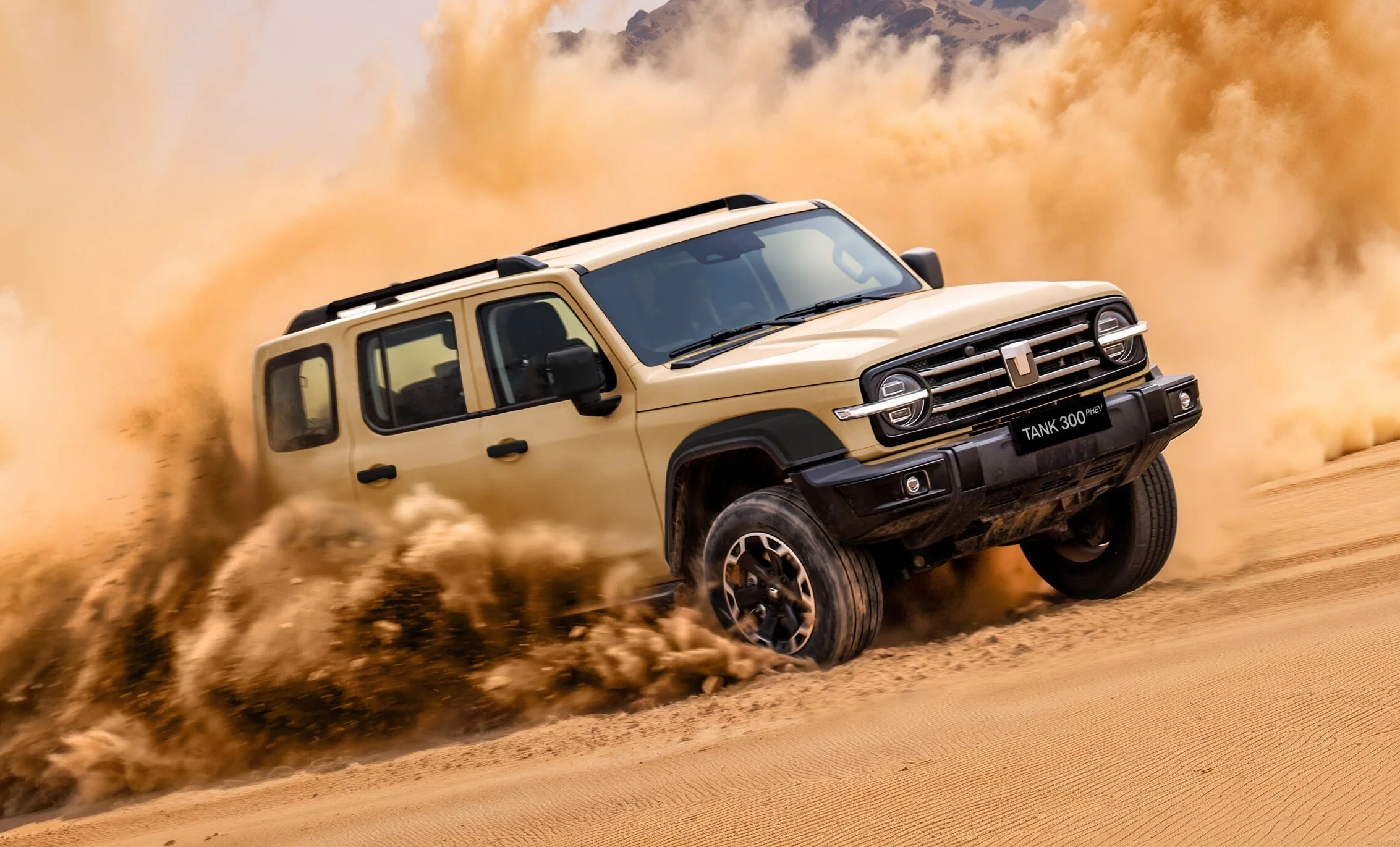


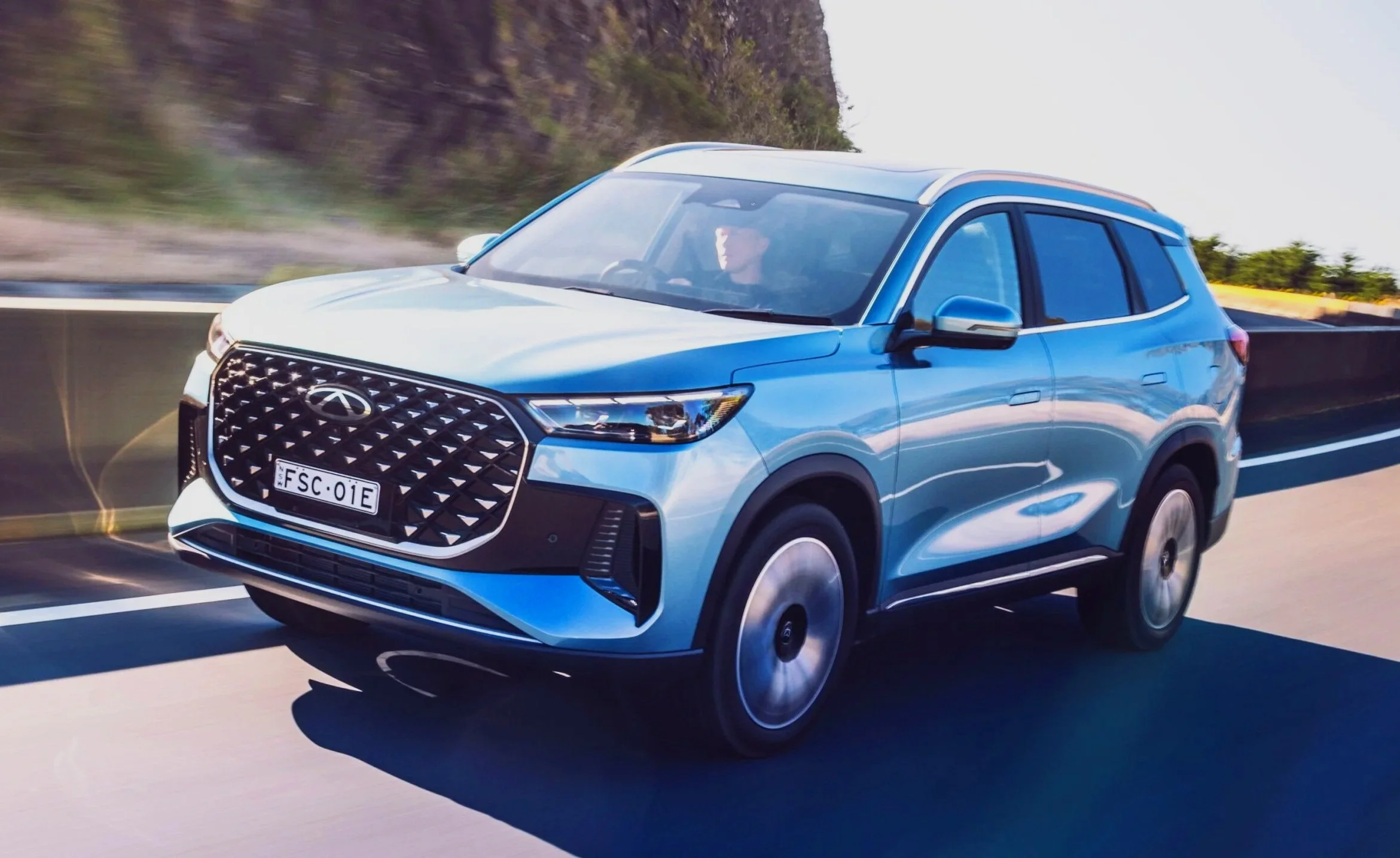
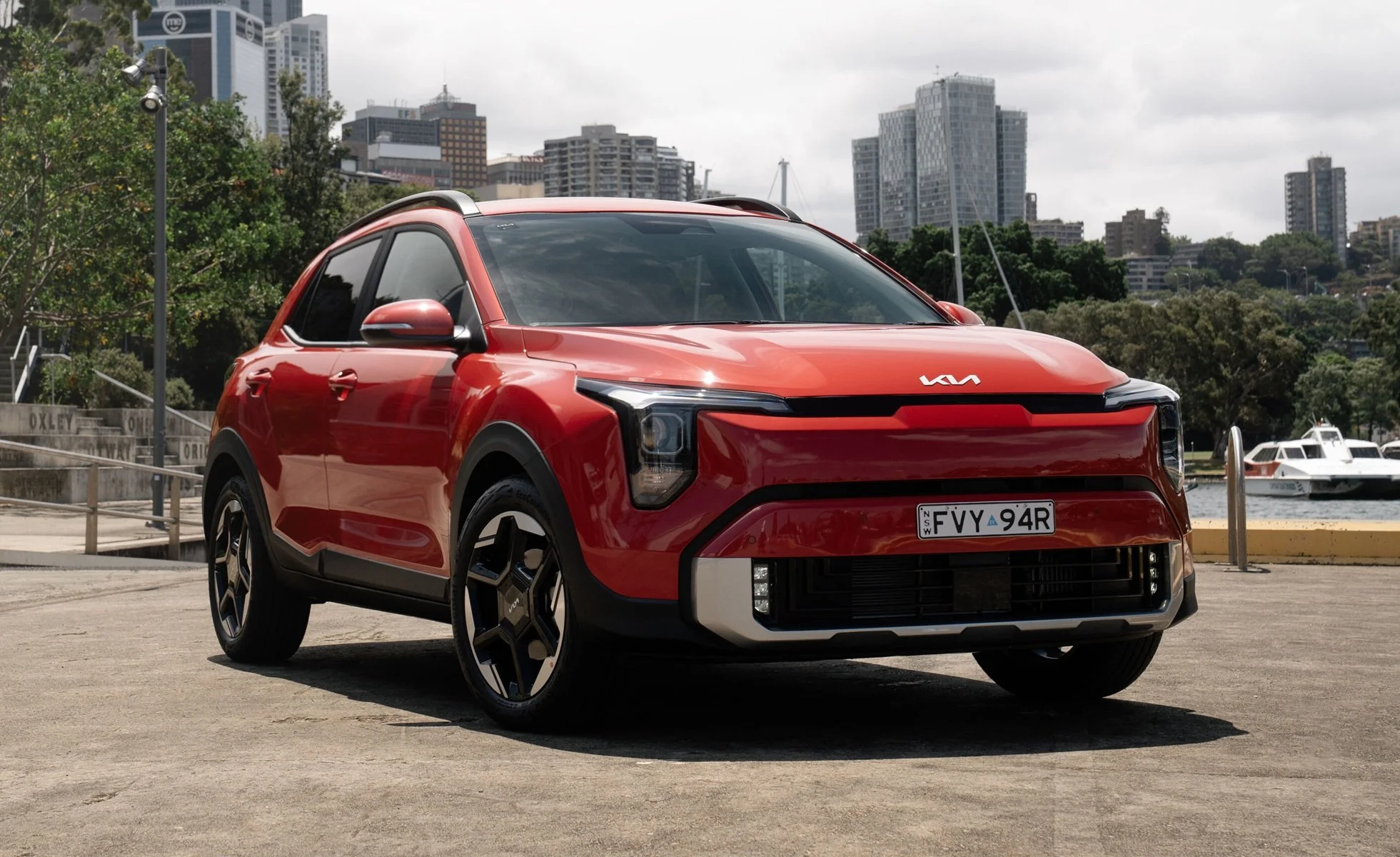
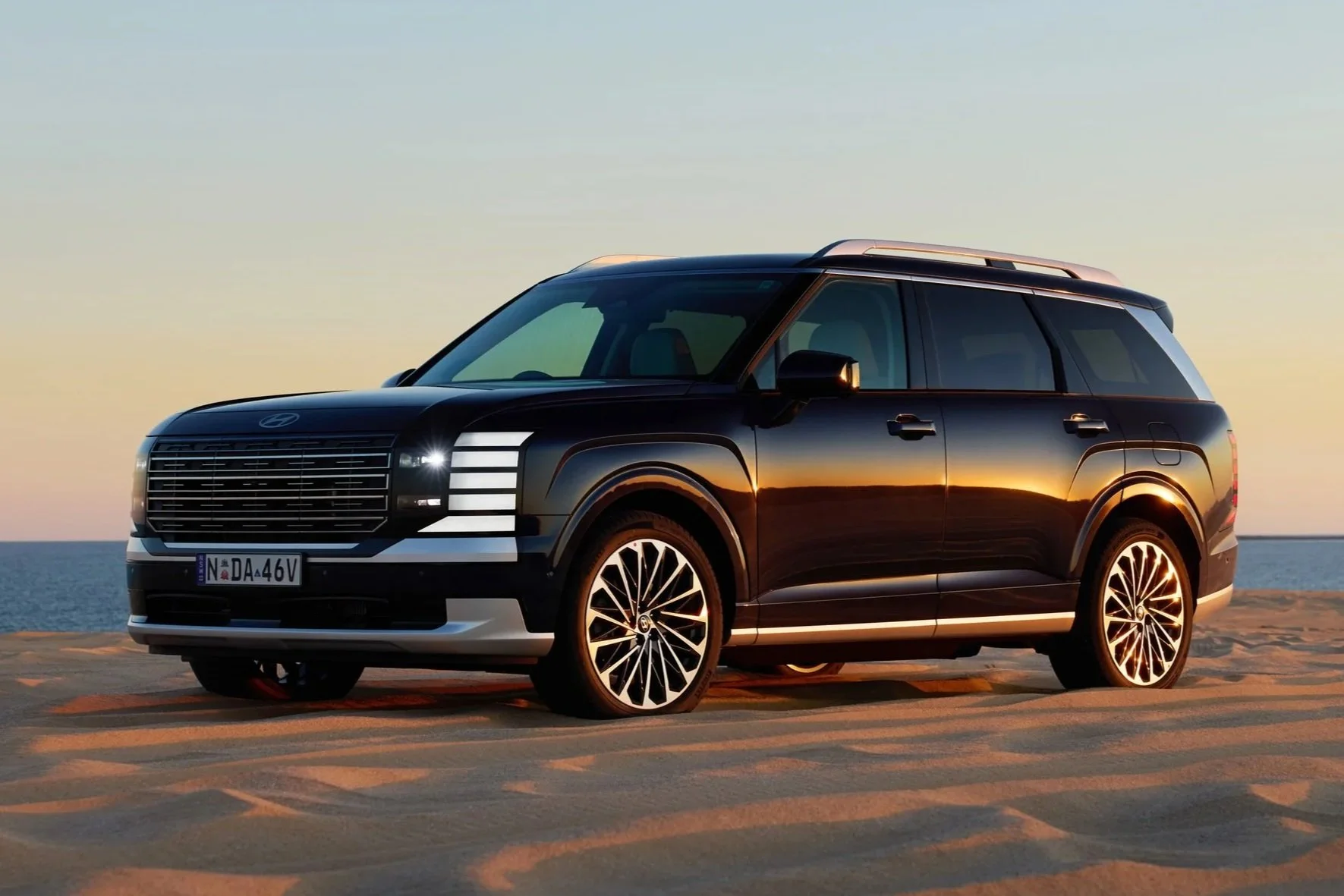
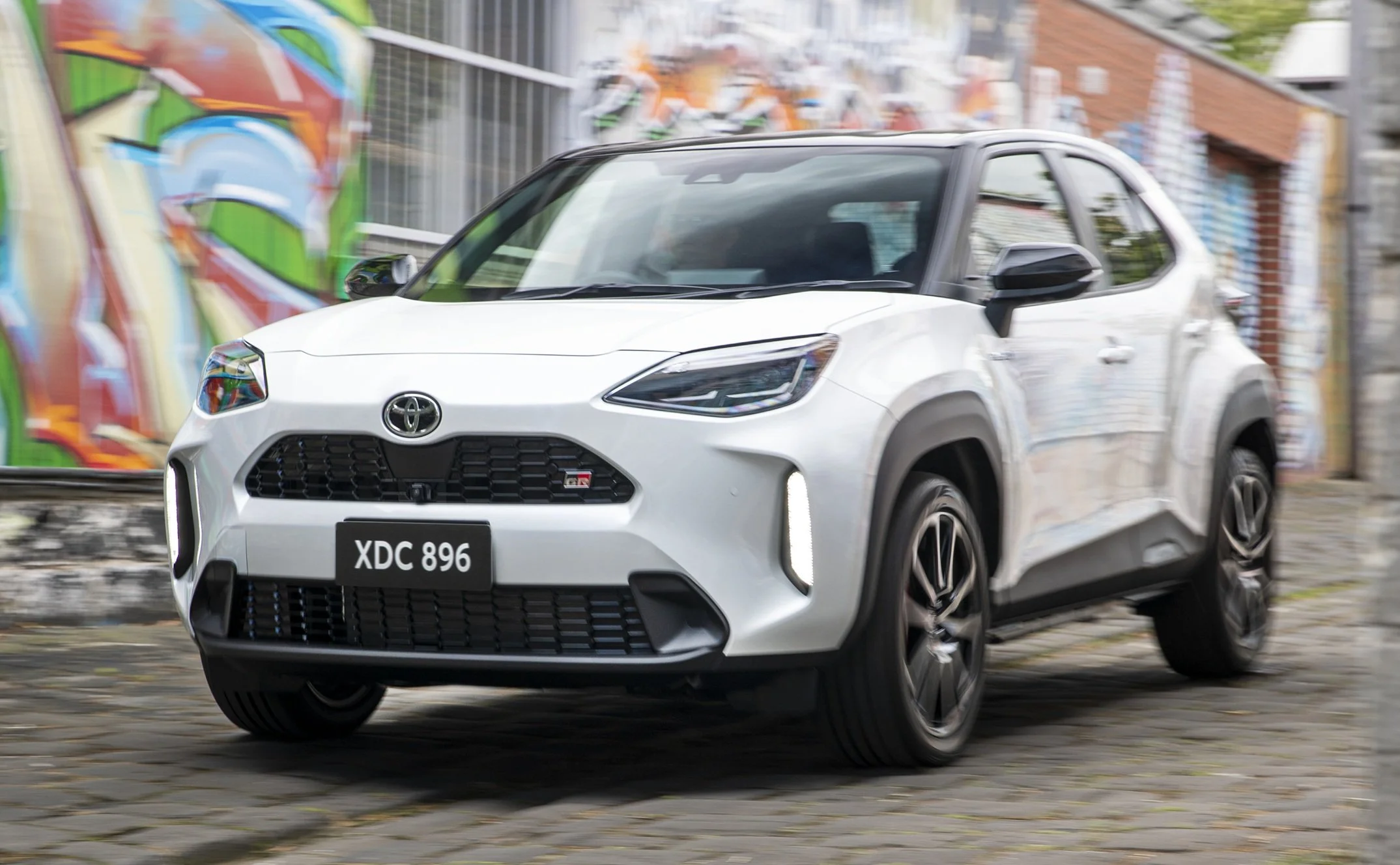

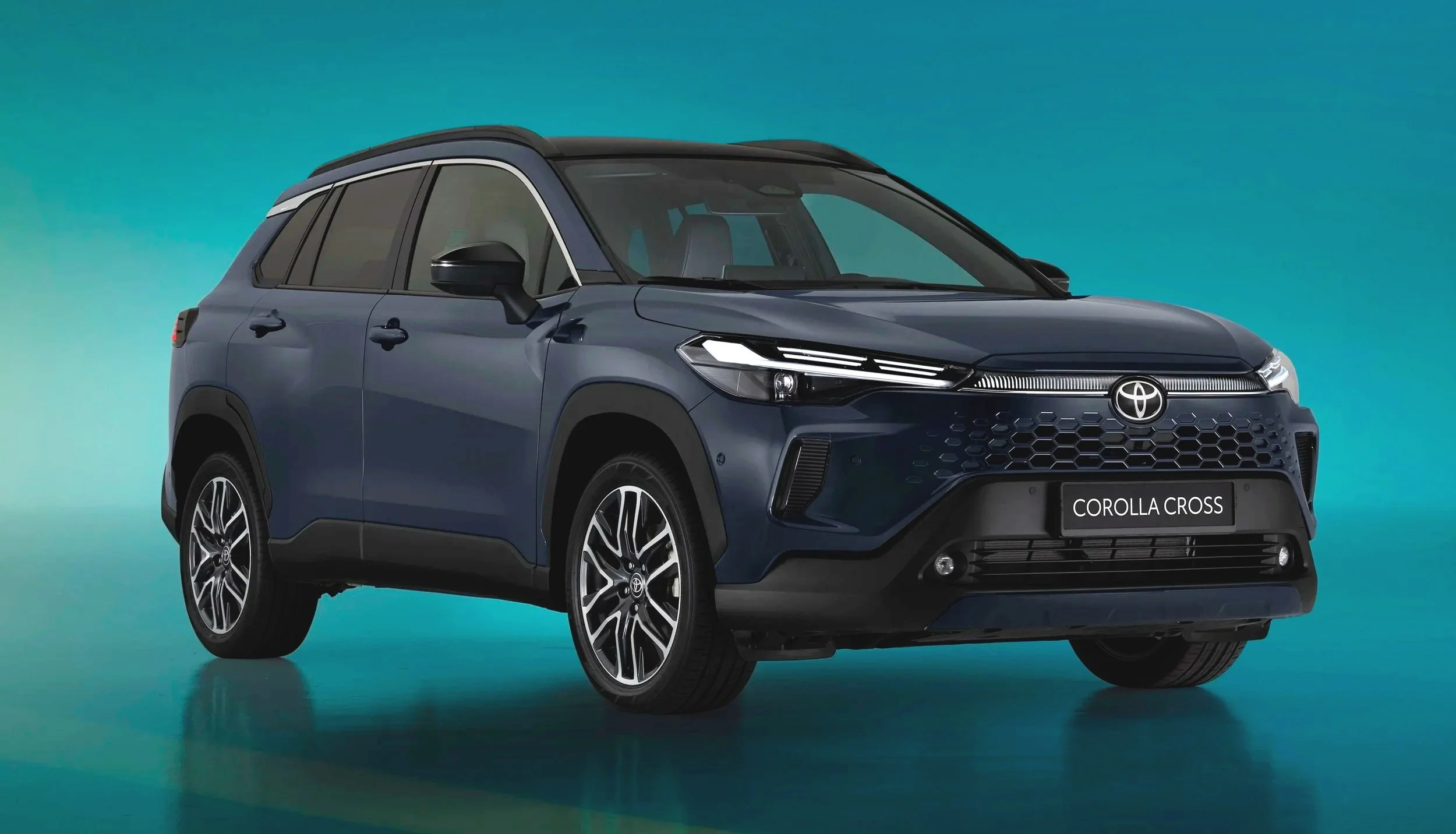

There’s plenty to like about the 7-seat Ford Everest for hardcore off-roading and heavy towing thanks to its big V6 diesel. But is it wise dropping up to $80K on Ford these days?